ABOUT
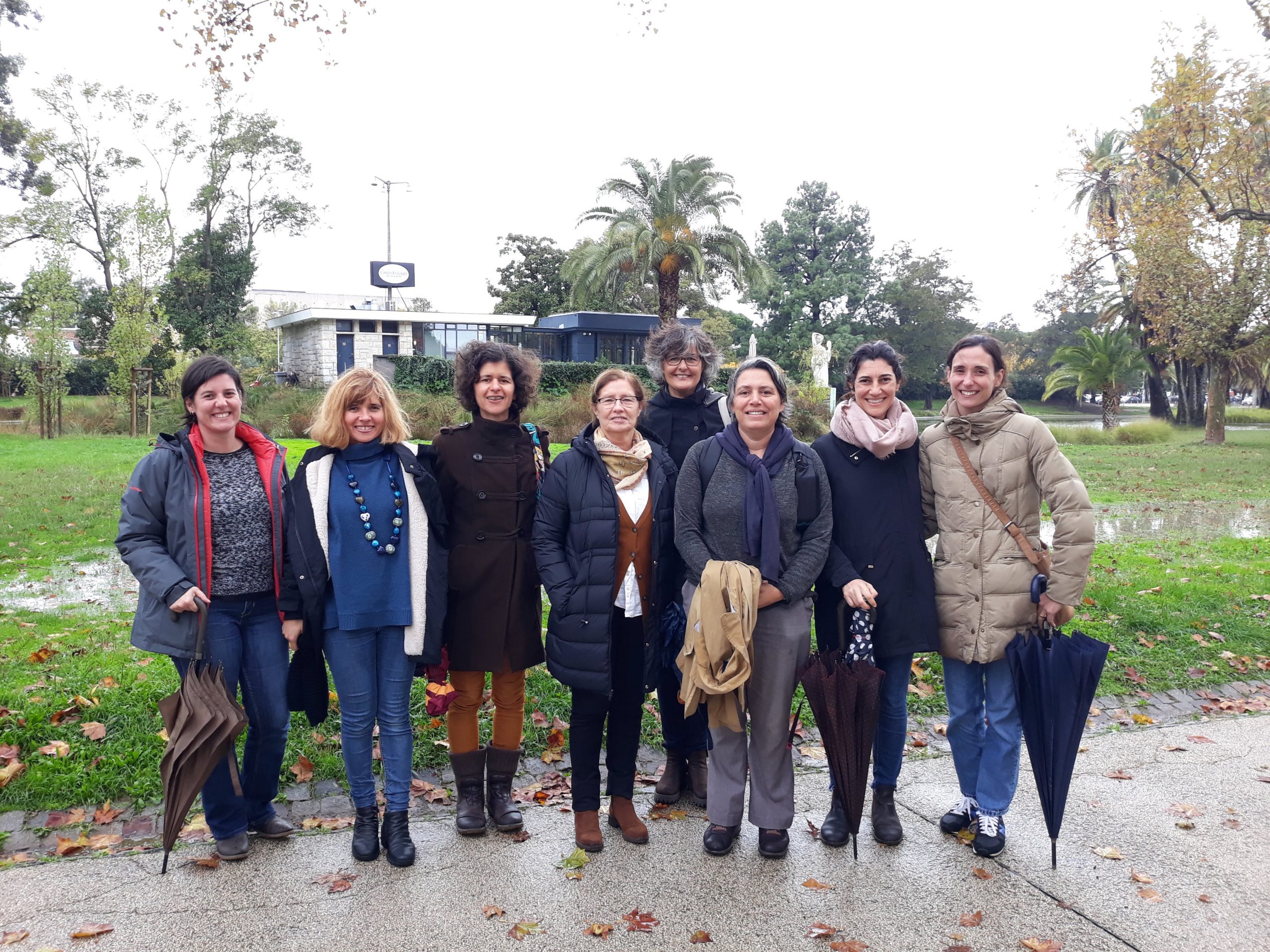
The Social-Ecological Research (SER) sub-group, created in 2018, focuses on the study of social and ecological interactions in diverse settings including urban, agro-forestry systems and aquatic systems. SER is part of the Centre for Ecology, Evolution and Environmental Changes (cE3c) based at Faculdade de Ciências da Universidade de Lisboa (FCUL).
The SER group aims to provide insight on the drivers and challenges of different social-ecological systems by improving the existing knowledge to support management, conservation efforts and decision-making. Our research is based on interdisciplinary approaches, both on empirical studies and on the development of new conceptual frameworks to improve social-ecological research. Participatory methods involving different stakeholders, such as participatory mapping or citizen science initiatives, are key in the several stages of our research (i.e., research definition, methodological approaches, and dissemination). The involvement with local municipalities in the support of decision-making and dissemination activities is also an important pillar of our activity, as well as the active participation in the virtual UrbanLab | cE3c.
Research topics
Biodiversity and ecosystem services
Nature and society relationships and how biodiversity changes affect human population. It is now evident that nature and societies are interconnected, and that the continuing rapid deterioration of nature and loss of biodiversity are leading to resource depletion and compromising human well-being and health.
Within this research, we evaluate and monitor the state of biodiversity in different social-ecological systems, and its associated ecosystem services to propose planning and/or management tools. We aim to understand the function of ecosystems and the links between biodiversity and human well-being through the use of both ecological and social sciences tools.
Citizen science and stewardship
Involvement of non-scientists Citizen science became an important tool to enable a stronger connection between citizens and scientists. It gained importance both at local scale, where citizens can get involved with research problems at their community level, as well as at a global scale, where it can support research in areas such as loss of biodiversity, climate change, pollution, water supply, loss of natural resources or public health matters. By getting involved, citizens become active participants in the scientific processes and allowed them to acquire knowledge in different areas and further development of the sense of analysis and critical sense.
in scientific research.
Natural resources and sustainable management
Human influences on terrestrial systems and nature-based solutions to ensure long-term sustainability.
The recognition that human activity has changed earth on a scale comparable to past events, introduces a new paradigm, not only scientific but also societal and political.
Within this research topic we aim a better understanding on ecosystem structure and function and use a social-ecological approach, where the research topics (e.g., ecological assessment, socio-economic analysis and co-creation of solutions with stakeholder involvement) converge on a transdisciplinary analysis of the performance of the target social-ecological systems in a context of long-term system sustainability.
Research systems
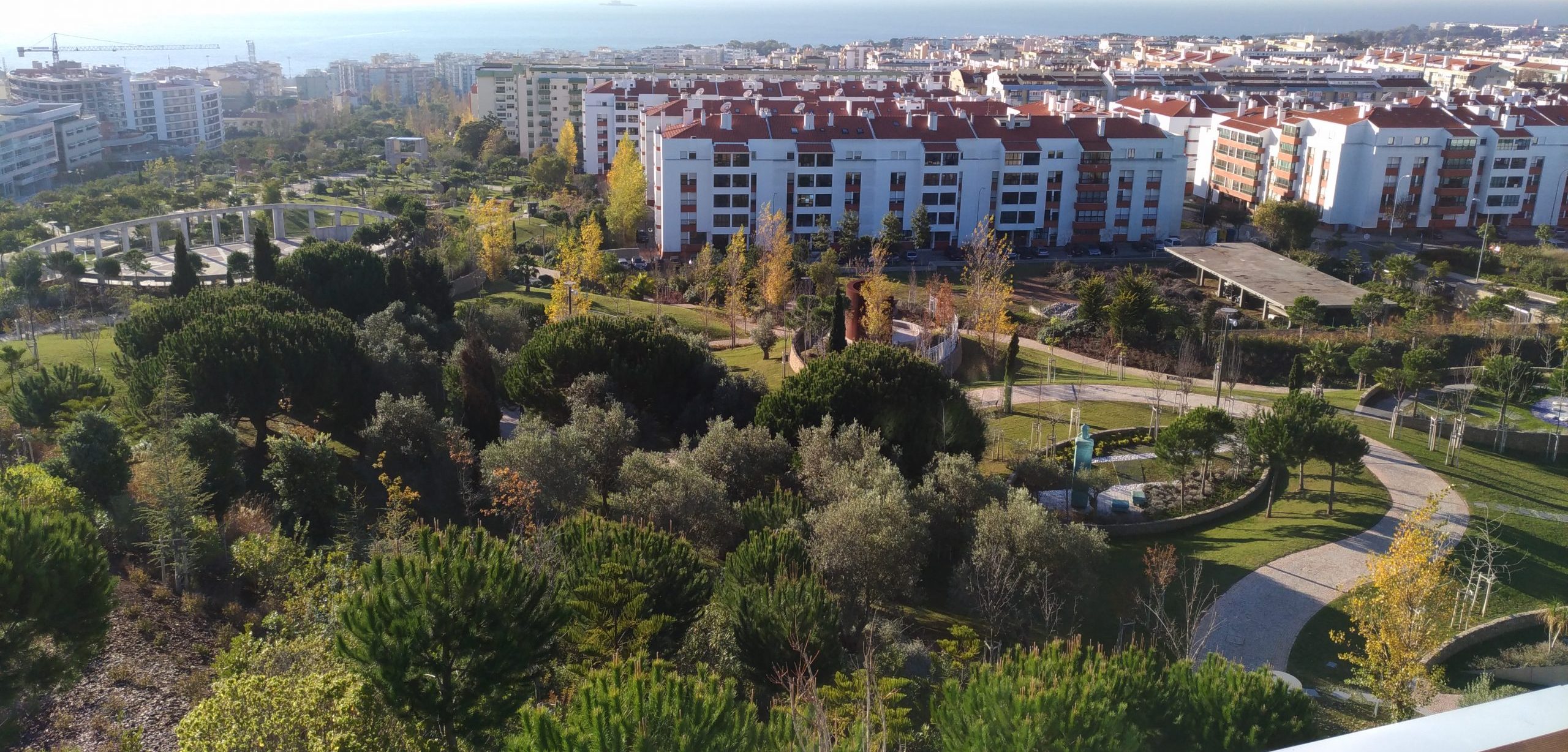
Urban systems
The expansion of urban areas and the increase of human population raise concerns about human health and well-being, the provision of ecosystem services and the promotion of sustainability. Research on urban systems provide us with a better understanding of the direct or indirect influence of human made infrastructure and its impacts on societies, environmental, and policy practices and how these components interact. Within this research system, Social-Ecological Research group aims to elucidate about actual urban challenges and to create new opportunities concerning the social-ecological dynamics in urban systems regarding the urban green infrastructure and associated ecosystem services.
The urban systems integrate green (vegetated), blue (water-based), and grey (non-natural) infrastructures. Our research takes UN and EU Agendas in recognizing cities green and blue infrastructure as key to sustainability and a pathway to respond to societal challenges. By studying urban systems, we also contribute to the cE3c Thematic Line - Green and blue infrastructures for urban sustainability.
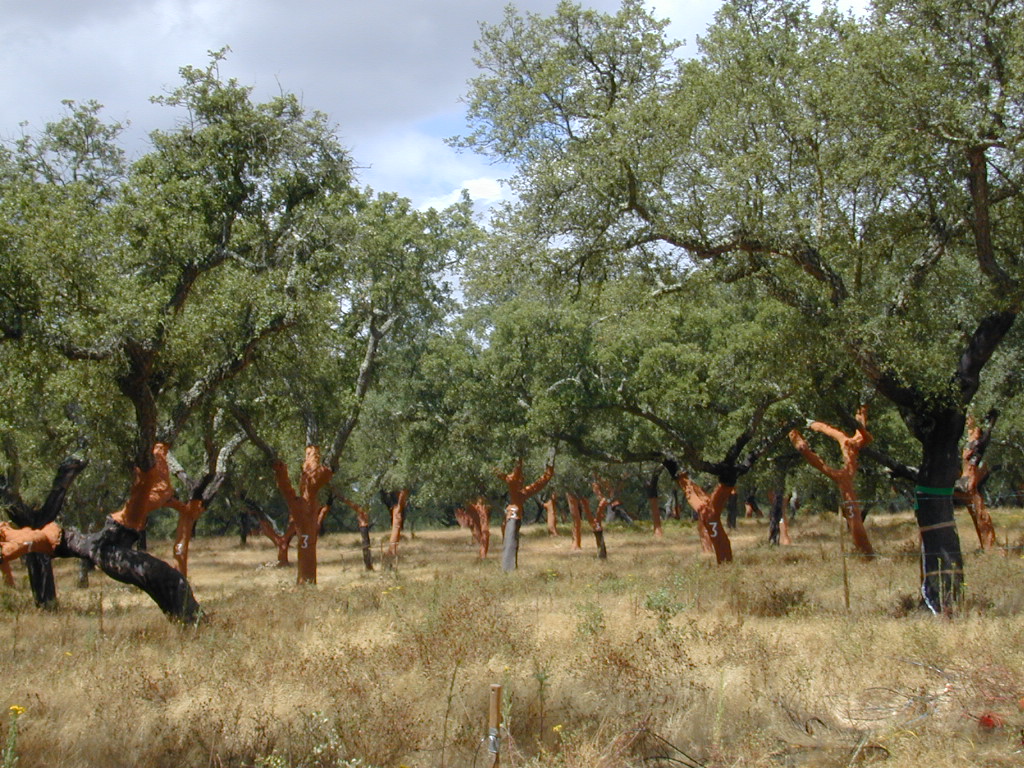
High Nature Value farmland systems
The concept of High Nature Value Farmland (HNVF) systems raised from the growing recognition that preserving European biodiversity is dependent on various types of low-intensity traditional farming systems, such as the montado, a man-made agro-silvo-pastoral system managed for centuries from the original Mediterranean evergreen forests.
Recognizing the importance of humans in these landscapes, we focus our research on the perceptions that stakeholders and users have of the ecosystem services that this system delivers, but also their emotional connection with this landscape, aiming at their integration into national management strategies and policies. These studies also contribute to cE3c Thematic Line - Sustainable management strategies for high-nature-value farmlands.
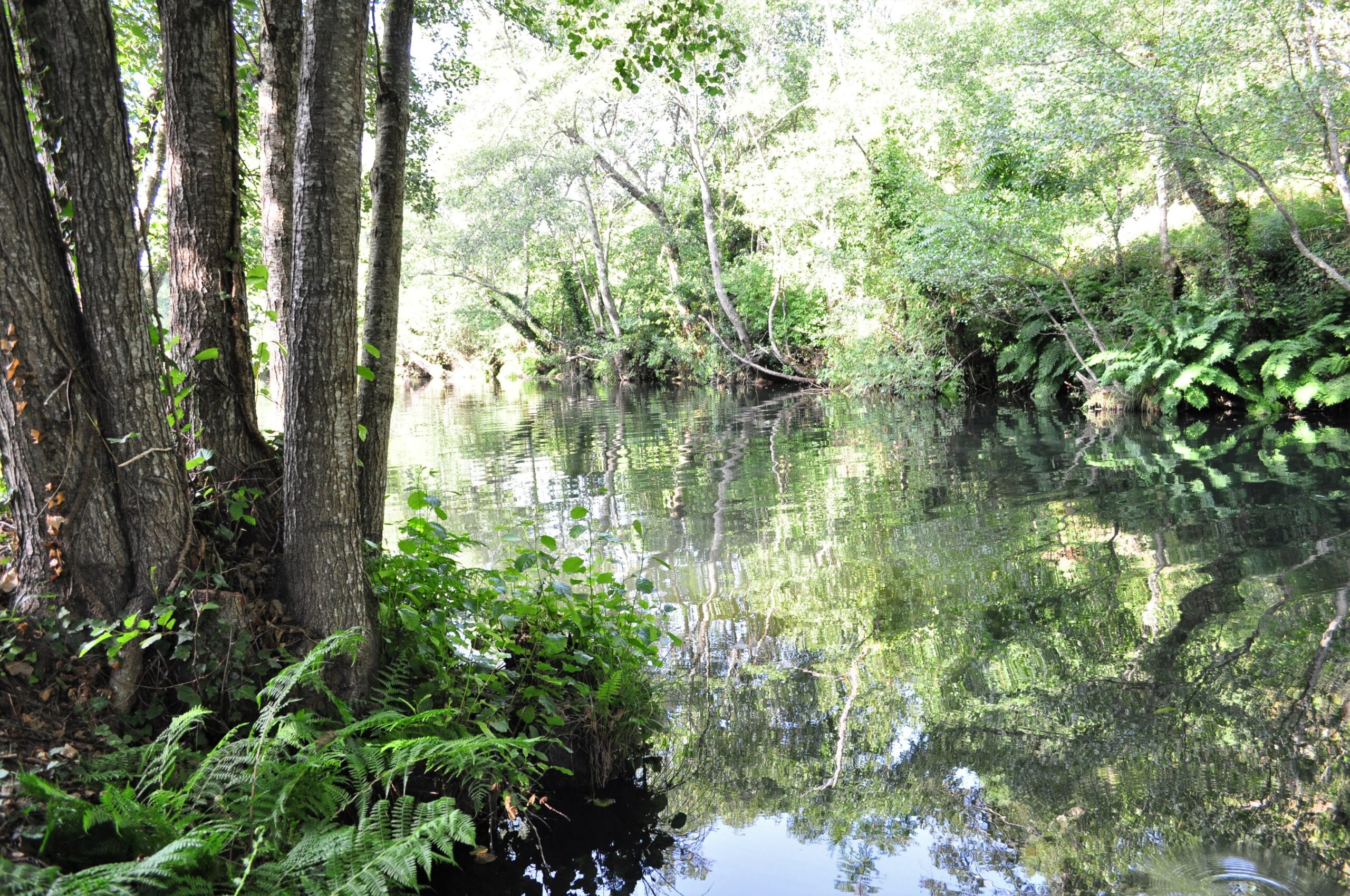
Freshwater systems
Freshwater ecosystems are deeply intermeshed with human livelihoods, forming complex social-ecological systems. They provide major services such as fish production, water supply, nutrient transport, health benefits and cultural value. However, these services are often compromised because they are rarely recognized explicitly in river catchments use and planning. Moreover, pressures on freshwater ecosystem services are growing mainly due to increased regulation of rivers and associated diversion of water, invasive species proliferation and climate change aggravation. As a result, there is an increasing focus on mitigation of human impacts and associated rehabilitation and management of freshwater ecosystems.
Our group’s research focuses on understanding the processes that sustain and degrade freshwater ecosystems and their services, particularly studying the roles played by the biota. Addressing how biodiversity, ecosystem functioning and services are linked is crucial for maintaining and protecting freshwater ecosystems and should aid in the development of management plans for these systems.
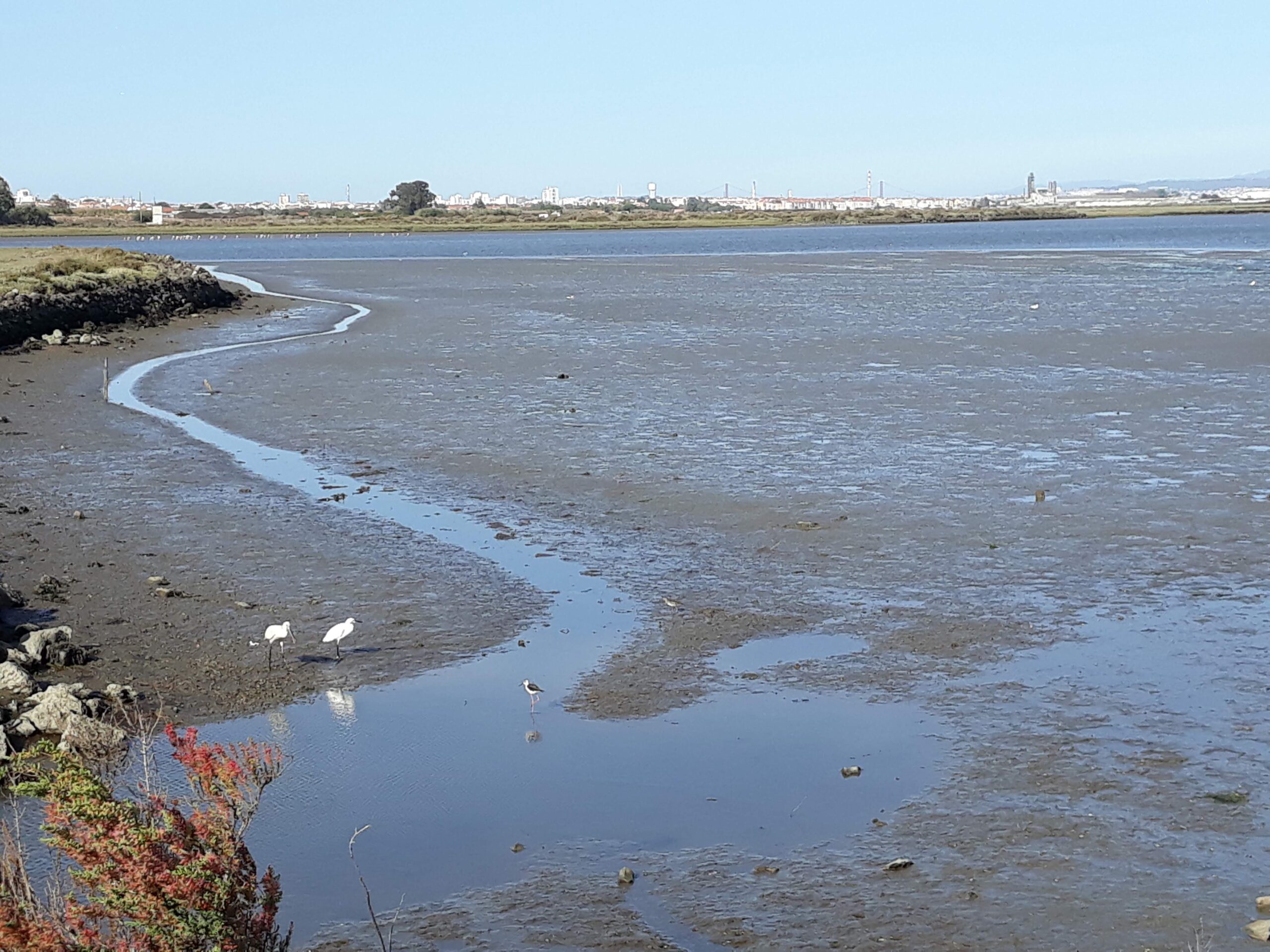
Costal and marine systems
Marine and coastal ecosystems are changing at a fast rate due to the impacts of human activities. Some examples are the overexploitation of biotic resources, pollution (chemical, plastic, light and noise), human disturbance and, more recently, the expansion of marine infrastructures such as offshore windfarms. On top of these, climate change is causing the sea level to rise and is leading to unprecedent shifts in oceanographic conditions. Marine and coastal biodiversity is therefore in peril due to these threats and declining at a fast rate.
Our research is focused on understanding the magnitude and spatial distribution of these impacts (using aquatic migratory birds - seabirds and shorebirds - as flagship species), and in finding solutions to minimize these impacts that take also into account the key social actors in these systems - from local communities who depend directly on marine livelihoods, to decision makers at national governments and international bodies (e.g. EU, regional fisheries management organisations, Multilateral Environmental Agreements).